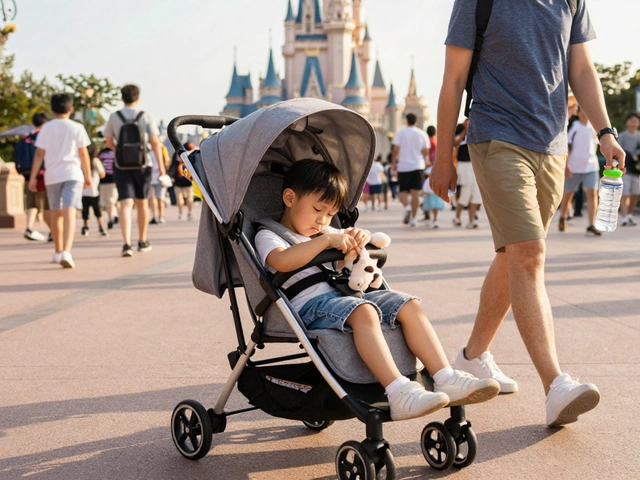Newborn Airway Essentials: Keep Your Baby’s Breathing Safe
When a newborn can’t breathe properly, everything feels urgent. The good news is that most breathing problems can be prevented with a few simple habits. In this guide we’ll walk through the everyday steps you can take to protect your baby’s airway, from how you lay them down at night to how you feed them safely.
Safe Sleep Positions
The first rule for a clear airway is to put your baby on their back for every sleep. This position keeps the tongue and soft palate from sliding forward and blocking the windpipe. It also reduces the risk of sudden infant death syndrome (SIDS). Use a firm mattress, no loose blankets, and keep pillows out of the crib. If you need extra warmth, a sleep sack does the job without the danger of a loose sheet.
Keep the crib free of toys, bumper pads, and extra cushions. Even a small stuffed animal can shift and press against the baby’s face, making it harder to breathe. A tidy sleep space isn’t just tidy—it’s a safety win.
Feeding & Airway Care
During feedings, watch the baby’s head position. A slightly upright angle helps milk flow down the throat instead of the nose. If you’re bottle‑feeding, use a nipple with a flow rate that matches your baby’s age; a too‑fast flow can cause them to gulp air and spit up, which can lead to choking.
Burp your baby often—after every ounce or two. Gentle pats on the back let trapped air escape before it builds up and forces the airway to close. If you notice coughing or a high‑pitched squeal during a feed, pause, sit them upright, and try again.
Anything that can block the nose or mouth is a red flag. Runny noses are common, but if the stuff is thick, clear it gently with a soft suction bulb. Never use cotton swabs inside the nose; they can push mucus deeper and irritate delicate lining.
When you’re out and about, a well‑fitted stroller or carrier should keep the baby’s chin clear of the chest. Many carriers have a “neck support” feature that prevents the chin from tucking in. If you see the chin down, adjust the straps right away.
In the first few weeks, baby’s neck muscles are still developing, so avoid letting them lie flat on their stomach for long periods. Tummy time is great for muscle growth, but keep a close eye on them and never leave them unattended.
Finally, trust your instincts. If something feels off—persistent snoring, noisy breathing, or a change in how they look when they’re asleep—call your health professional. Early checks catch issues before they become emergencies.
Keeping a newborn’s airway clear isn’t about fancy gadgets; it’s about everyday habits. By laying them on their back, feeding at the right angle, burping often, and staying alert to any signs of trouble, you give your baby the best chance to breathe easy and grow healthy.

Why Babies Should Be Close Enough to Kiss in a Carrier: Safety Rule Explained
What close enough to kiss means in a carrier, why it protects your baby’s airway, and how to achieve the right fit across wraps, slings, and SSCs with simple checks.
view more




